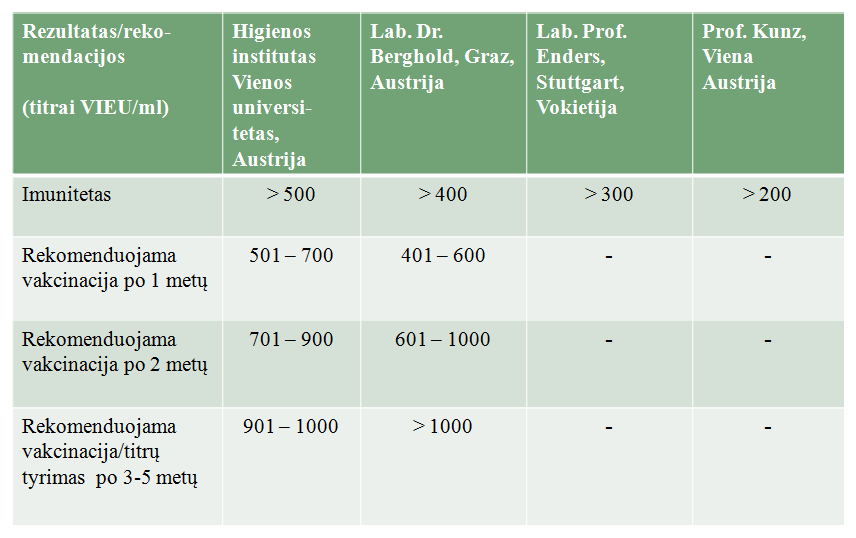Tick-borne encephalitis IgG (post-vaccination evaluation)
This test shows whether the patient has sufficient immunity to tick-borne encephalitis and when re-vaccination is needed.
32,00 €

The tick-borne encephalitis IgG (post-vaccination assessment) shows whether a patient has sufficient immunity to tick-borne encephalitis and when re-vaccination is needed. Studies have shown that after 5 years, 38% of vaccinated people still have sufficient immunity, although the recommended interval between revaccinations is 3-5 years. The study allows you to plan the frequency of vaccinations for tick-borne encephalitis and avoid unnecessary vaccinations.
The main advantage of the test is that even the smallest amount of antibodies in the blood can be detected with high accuracy.
Indications for the IgG (post-vaccination evaluation) test for encephalitis
- Assessing the effectiveness of vaccines recommended 2 years after vaccination
- Identification of patients not eligible for vaccination
it is recommended to start testing a few weeks after vaccination
After a full tick-borne encephalitis vaccination (3 doses), about 97% of all vaccinees have been vaccinated. vaccinated individuals develop a protective antibody titre. The EE post-vaccine IgG antibody test is also useful for identifying individuals who are not immune to the tick-borne encephalitis vaccine and who, in exceptional cases, do not develop immunity after vaccination.

Post-vaccine immunity
- A significant proportion of vaccinated people show inadequate immunity.
- After 5 years, 38% of vaccinated people have robust immunity (revaccination every 3-5 years is recommended).
Serology can help: 1) identify those who have not developed immunity; 2) avoid unnecessary revaccination.
! It is suggested that you have your immunity tested after the tick-borne encephalitis vaccine. This is to determine whether you need to be re-vaccinated or postpone the vaccine for one or two years.
You can consult our family doctors.
